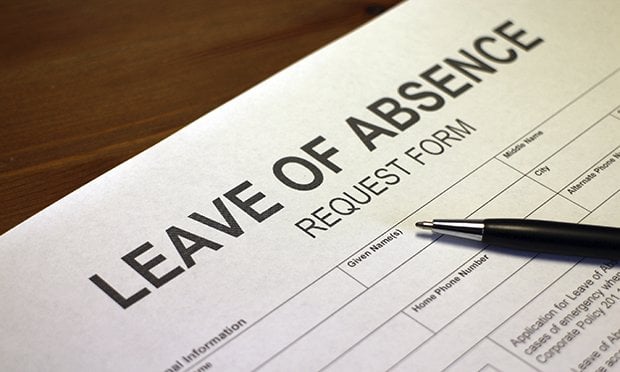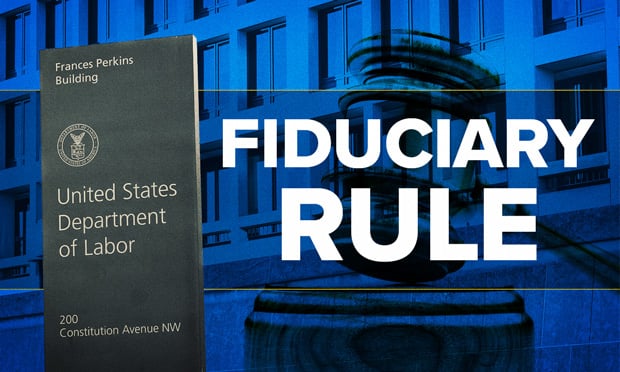 Anyone who manages employees should be trained on FMLA and ADA laws, which other state and local laws apply, and what protocol to follow if an employee requests leave or accommodations. (Image: iStock)
Anyone who manages employees should be trained on FMLA and ADA laws, which other state and local laws apply, and what protocol to follow if an employee requests leave or accommodations. (Image: iStock)
Family and medical leave policies are in flux as new state and local laws are enacted and employers are starting to offer both paid and unpaid options to their employees. Managing employee leave that complies with federal, state and local laws is becoming untenable for HR professionals. As managing leave becomes increasingly more difficult, HR managers are left with few resources to support them.
Twelve states have expanded the Family and Medical Leave Act (FMLA) to add more time off or more classes of people covered. Washington, D.C., California, Massachusetts, New Jersey, New York, Rhode Island, and Washington have laws covering paid family leave. The city of San Francisco enacted an ordinance forcing employers to provide supplemental compensation in addition to what is mandated under California law so that the employees receive up to 100 percent of their normal weekly wages during six weeks of parental leave.,
Five states currently require paid sick leave. A small number of states provide a limited number of hours annually for parents to attend school-related events and activities for their children.
Continue Reading for Free
Register and gain access to:
- Breaking benefits news and analysis, on-site and via our newsletters and custom alerts
- Educational webcasts, white papers, and ebooks from industry thought leaders
- Critical converage of the property casualty insurance and financial advisory markets on our other ALM sites, PropertyCasualty360 and ThinkAdvisor
Already have an account? Sign In Now
© 2024 ALM Global, LLC, All Rights Reserved. Request academic re-use from www.copyright.com. All other uses, submit a request to [email protected]. For more information visit Asset & Logo Licensing.








